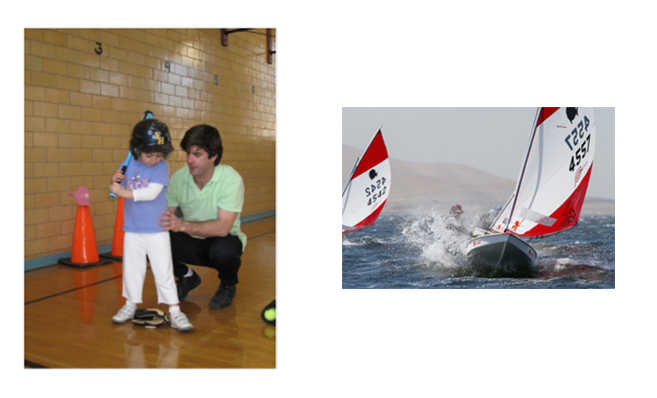
08 May The Importance of Words
Whether Coaching, Parenting, Teaching, Instructing, Mentoring, Leading a business or a group of friends on an adventure; “Words Matter” – choose wisely.
The most effective language is positive (and based upon principles i.e. science 😉 whether to others or oneself. One can easily get lost in the noise.
The following post on myths in fitness was inspired by a number of conversations in business context and parents / coaches spoken to children on the little league field. (not specific to any conversation)
2 Fitness Myths Debunked
We typically look to reports on the latest scientific research to guide us with our lifestyle choices and habits. However, with so much confusing and contrasting information within health, nutrition, and fitness research, it can be difficult to decipher what is true versus what is misleading or potentially a “fad.” Unfortunately, many people fall under the “misled” category, and their health efforts end up hurting more than helping them.
With that said, I hope to shed some light on two concepts currently popular in the fitness world that you should be weary of.
Concept / Belief : No pain, no gain
Applying this concept to physical activity rather than as a metaphor for life is where we can run into some issues.
Simply put: damaging or tearing muscle is not supported by any science as far as leading to additional growth of the muscle.
In fact, if you cause pain, or even significant discomfort in a muscle, you have likely overexerted it and may be setting yourself back farther from your fitness goals. There’s a fine line between pushing yourself and hurting yourself – and no, you do not need to “feel the burn” in order to build muscle and see progress.
Here’s a Tip –
One way to avoid injury caused by overtraining and overexerting a muscle to to stop one rep short before you know you will experience significant pain. Also, as soon as your form begins to compromise, stop the exercise immediately and move to a different muscle group.
Concept / Belief : You create muscle “memory” with repetition
Contrary to popular belief, there are no memory cells in muscle tissue. Muscles adapt, not remember.
Intentional practice of a movement is what creates the neurological patterns and mind-body adaption to a stimulus. When you practice a tack in sailing or a throw in baseball, football etc. (perfect form or not) your brain patterns are the stimulus for adaption and growth. Something to keep in mind the next time somebody tell you that you are creating muscle memory with a movement!

Sorry, the comment form is closed at this time.